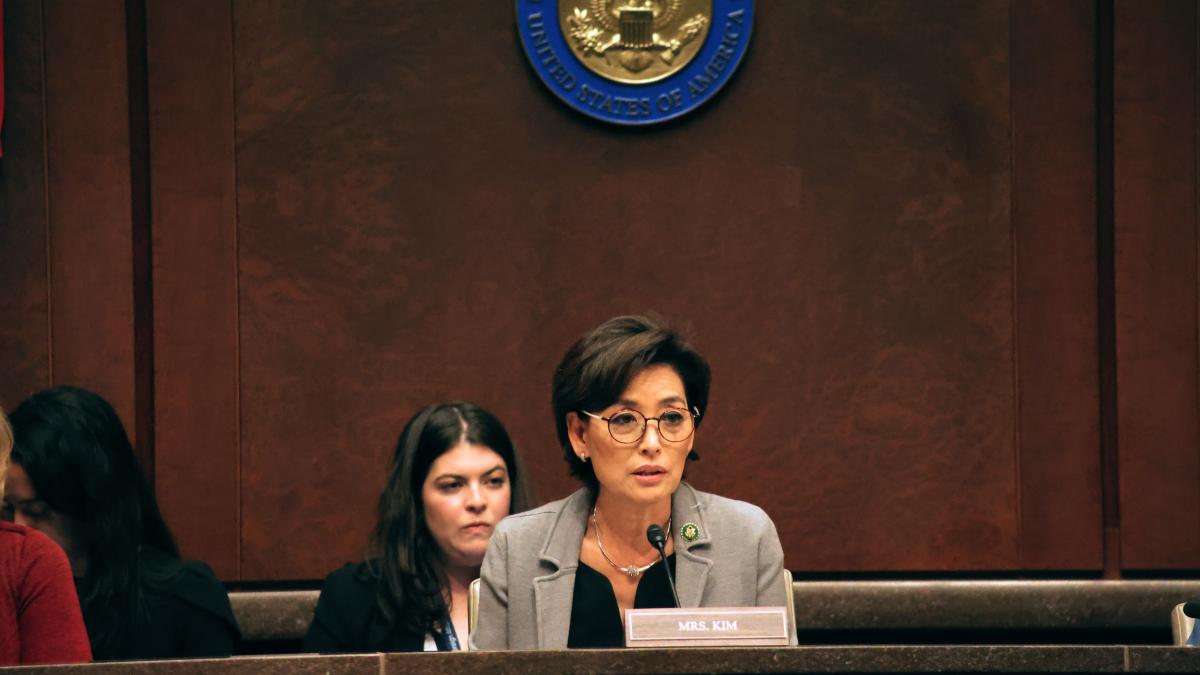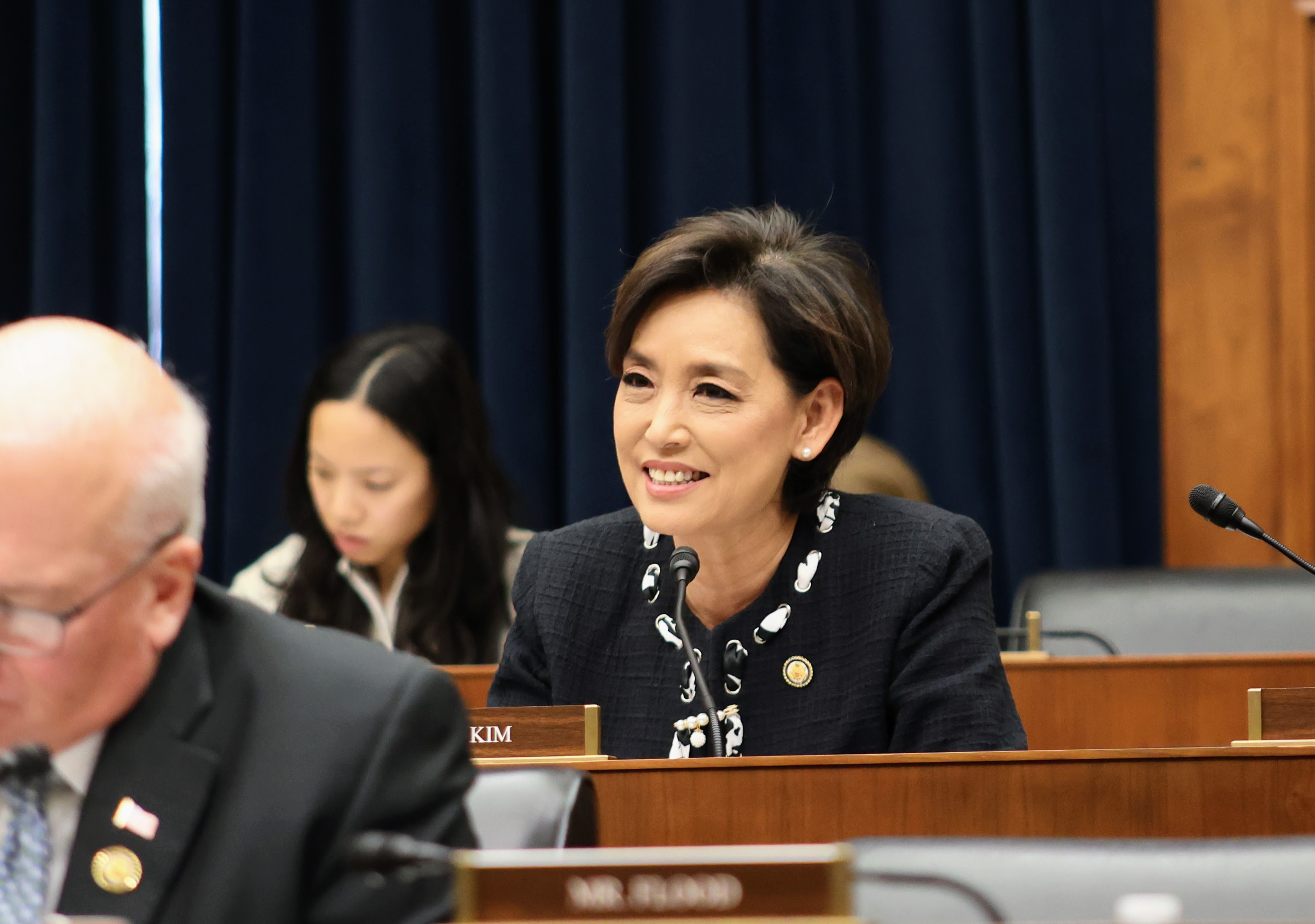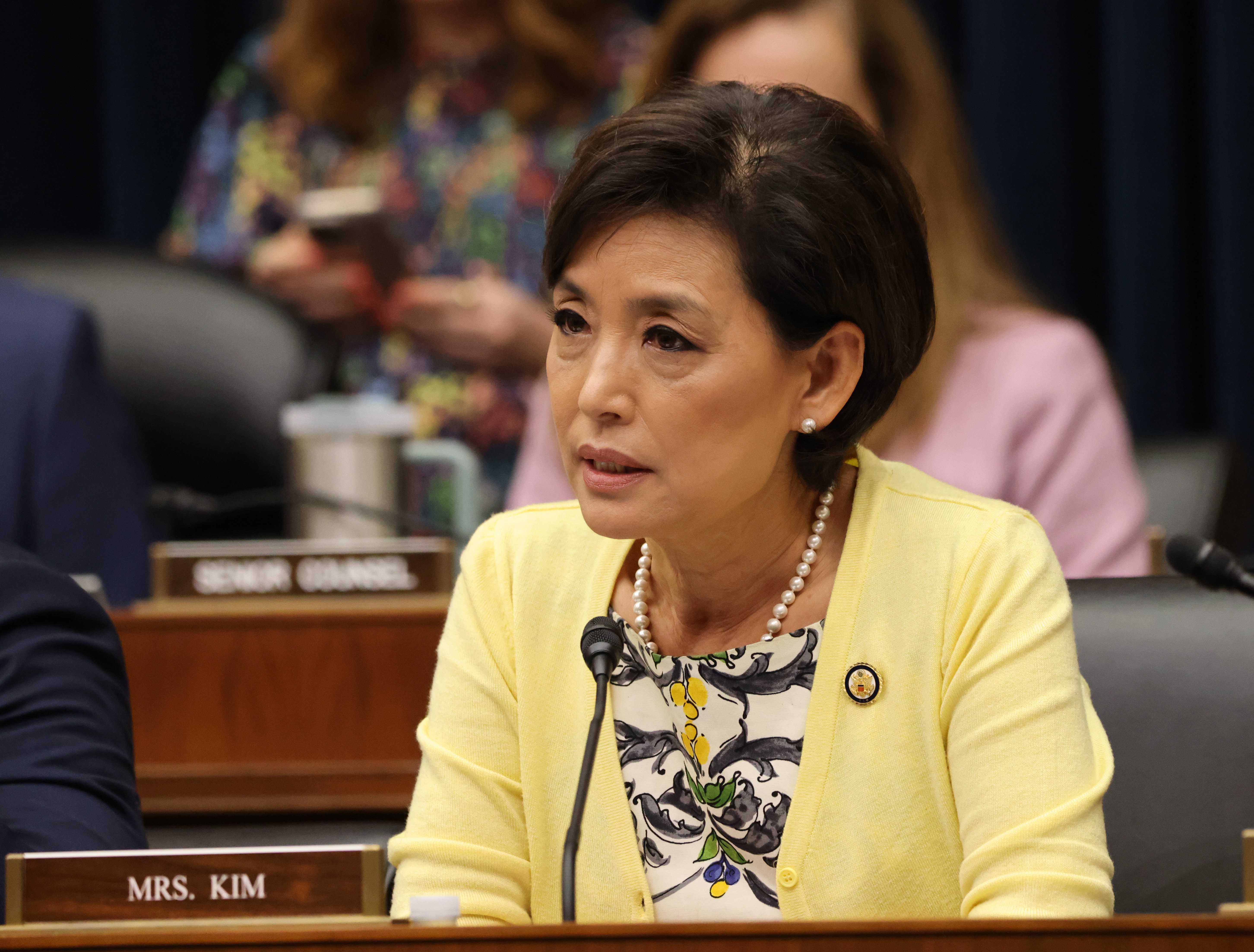Washington, DC – House Foreign Affairs Subcommittee on the Indo-Pacific Chairwoman Young Kim (CA-40) delivered the following opening statement for today’s hearing entitled: “Renewed U.S. Engagement in the Pacific: Assessing the Importance of the Pacific Islands.”
Watch her remarks HERE and the hearing livestream HERE, and read her remarks as prepared below.
I’m excited to hold our first Indo-Pacific Subcommittee hearing this Congress and I look forward to working with Ranking Member Bera and members on both sides of the aisle on policies that strengthen American leadership in the Indo-Pacific.
This hearing will examine Renewed U.S. Engagement in the Pacific Islands and Assess the Importance of the Pacific Islands.
The Pacific Islands, which have long been a lynchpin of U.S. foreign policy in the Eastern Hemisphere, face unique security, environmental, and economic challenges. They face an increasing number of natural disasters, and some islands have challenges mitigating the environmental cleanup from U.S. nuclear testing during the cold war.
Many of the islands’ economies are critically reliant on tourism and were devastated by COVID-19. Their road to economic recovery is a long one, and many of their ambassadors have expressed their concerns that the Pacific Islands will never recover.
As someone who spent much of my childhood in Guam, I am very familiar with these challenges and am committed to ensuring that the U.S.-Pacific Islands diplomatic and economic relationship remain a top priority for our Committee’s agenda.
The timing of this hearing is critical. The U.S. is currently in negotiations with the Federated States of Micronesia, or FSM, Palau, and the Republic of the Marshall Islands, or RMI, to renew the Compacts of Free Association, known as COFA, which provide economic assistance, certain federal benefits for their citizens, and allow the U.S. to maintain a military presence in those countries. The compacts with the FSM and RMI are set to expire this year, and the compact with Palau will expire next year. Much of today’s hearing will be focused on getting updates on the compact negotiations from the State Department and other agencies involved.
I am concerned that we have not received much information on the status of the negotiations, and going forward, I ask that the State Department regularly update our Committee on their progress.
I cannot understate the importance of renewing the COFA agreements. Our military installations in these countries are vital logistics hubs for our operations in the Pacific, and the agreements provide the citizens of these countries with benefits that they otherwise would not have.
During the Second World War, most of the Pacific faced a brutal Japanese occupation. The U.S. fought a bloody campaign to liberate the Pacific Islands, and tens of thousands of U.S. servicemembers lost their lives on islands that today, the U.S. has COFA agreements with.
70 years later, the Pacific Islands are facing a variety of new threats. We were recently alarmed by the outgoing FSM President’s detailed accounts of the PRC’s political warfare, including the dispatch of People’s Liberation Army surveillance vessels in Micronesian territorial waters and the CCP’s overt efforts to bribe high-ranking government officials. He went as far as saying “What else do you call it when an elected official is given an envelope filled with money after a meal at the PRC Embassy or after an inauguration?”
Last year, the U.S. and its allies in the region were shocked by the announcement of an ambiguous security agreement between the CCP and the Solomon Islands, which is roughly 20 pages long and would guarantee that the People’s Liberation Army could send troops to the Solomon Islands to “protect the safety of Chinese personnel and major projects.”
The FSM President’s letter and the Solomon Islands security agreement with the PRC should be treated as wake-up calls for the U.S. and its allies. The Pacific Islands cannot tackle these challenges alone, and U.S. strategic interests in the region are too great to let the CCP coerce our friends in the Pacific into sacrificing their sovereignty and becoming rubber stamps for the CCP’s demands.
This Committee stands ready to work with the Administration to ensure that our interests in the Pacific Islands are protected, and that our friends in the Pacific Islands have the tools they need to tackle the new security, economic, and environmental challenges they face.
I look forward to hearing from our witnesses and Members of the Subcommittee.




